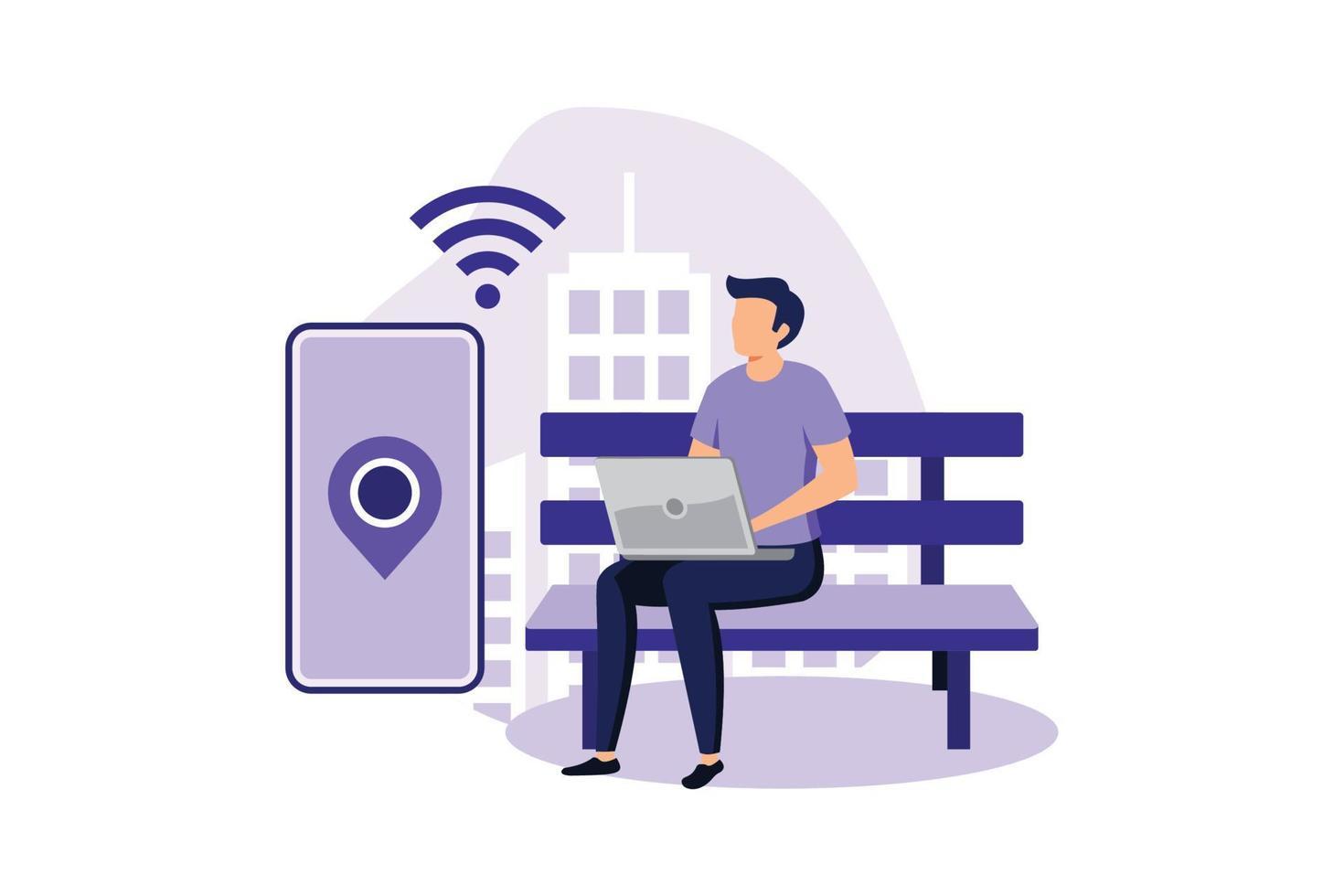As the globe grows more interconnected, Public Wi-Fi is becoming a necessary service. The availability of free Wi-Fi has transformed the way we use the internet, enabling us to work, communicate, and amuse ourselves from practically anywhere — whether in coffee shops, airports, libraries, or public parks. Although there is no denying the ease of usage of public Wi-Fi, there are a number of concerns associated with it that consumers should be aware of.
The Benefits of Free Public WiFi
The simplicity with which Public Wi-Fi enables us to stay connected is one of its key benefits. It offers travelers a priceless method to check emails, stay in touch with loved ones, and get maps and other essential information. The flexibility to work from almost anywhere is extremely helpful for students and distant professionals, converting parks, coffee shops, and even bus terminals into makeshift offices.
The growing need for connectivity is met in part by Public Wi-Fi as a rising number of gadgets, such tablets and smartphones, are made to be online constantly. By connecting to public Wi-Fi networks instead of relying on mobile data plans, customers may reduce their data expenditures. This is especially helpful in cities where Wi-Fi networks are commonplace.
The Dangers of Wi-Fi in Public
Even with all of its advantages, using Public Wi-Fi has some serious hazards. Because these networks are public and exposed to all users, hackers find them to be appealing targets. The potential for a man-in-the-middle (MITM) assault is one of the most frequent risks connected to public Wi-Fi. In this case, your device’s contact with the Wi-Fi network is intercepted by a hacker, who may then get sensitive data such as credit card numbers, login passwords, and other personal information.
The threat posed by rogue hotspots is another. These are fraudulent WiFi networks that cybercriminals have put up to seem like real ones. Your device and data become susceptible to a range of cyberattacks, such as malware infection and data theft, once you connect to a rogue hotspot.
Using Public Wi-Fi might also introduce viruses onto your device. If you don’t have the right security measures in place, such a trustworthy antivirus software, your device might be affected just by connecting to a network that has been infiltrated. Serious repercussions might result from this, such as identity theft, data loss, and illegal access to your accounts.
Keeping Yourself Safe When Using Public WiFi
There are many safety measures you may take to lessen the hazards connected to using public Wi-Fi. Secure your connection by using a Virtual Private Network (VPN), which is one of the best methods available. Your data is encrypted via a VPN, which makes it harder for hackers to intercept and read. Additionally, to provide an additional degree of protection, make sure any websites you visit are using HTTPS.
Steer clear of important information while using Public Wi-Fi for things like online banking or shopping. To stop your device from unintentionally connecting to a rogue hotspot, try disabling automatic Wi-Fi network connections.
Summary
Without a question, Public Wi-Fi is practical and has ingrained itself into contemporary life. To safeguard your personal data and gadgets from potential dangers, you must, nonetheless, exercise caution and be alert. You may securely take use of public Wi-Fi without jeopardizing your security if you are aware of the hazards and adhere to recommended practices.



